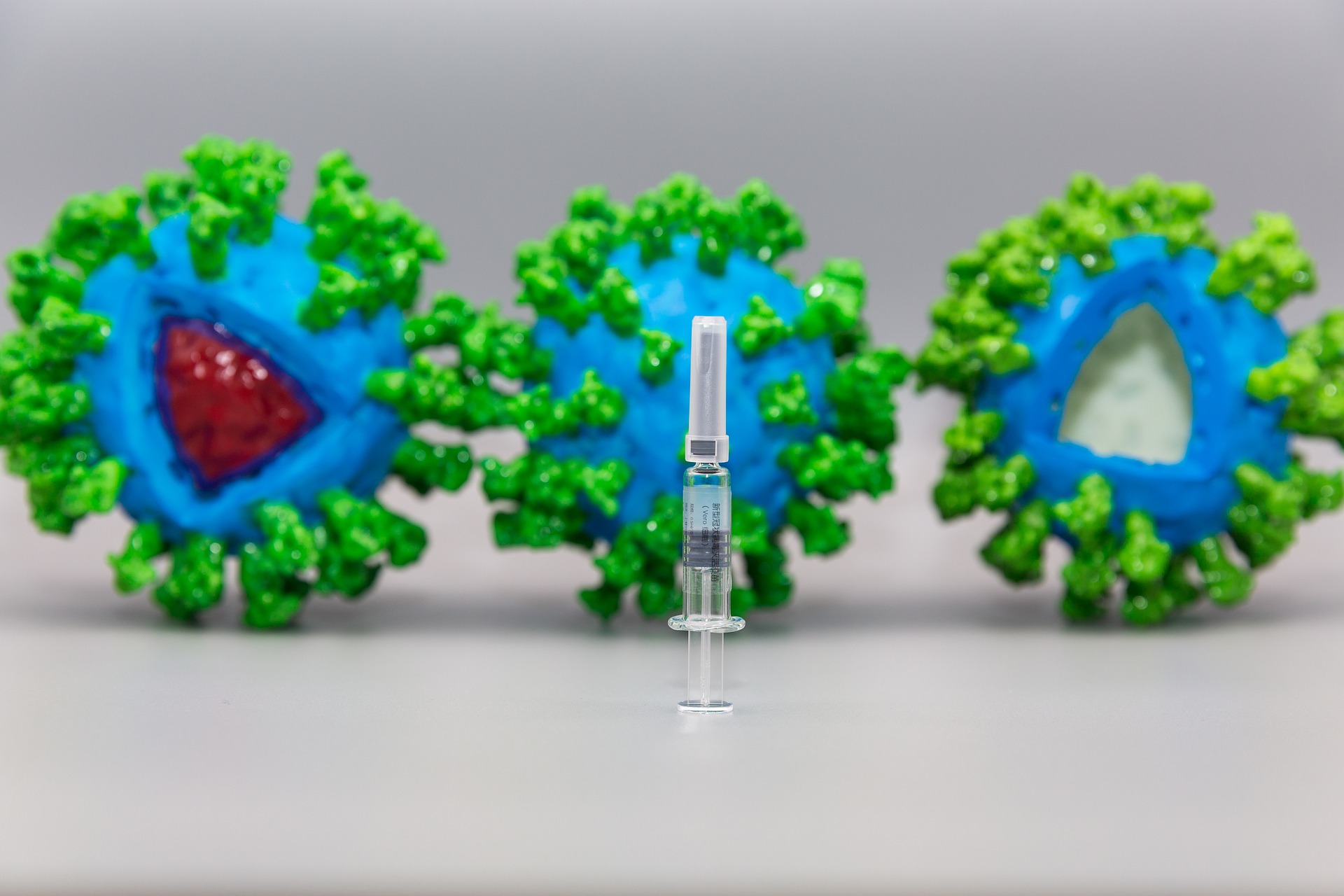News release
From:
Immunology: Assessing the cross-neutralization potential of SARS-CoV-2 variants with convalescent plasma
Antibodies from individuals in South Africa who had recovered from a SARS-CoV-2 infection from the first wave of the epidemic are less effective at neutralizing the new variant of concern (501Y.V2) circulating in South Africa, a study published online in Nature reports. Conversely, the authors show that plasma from six patients who were infected with the 501Y.V2 variant of SARS-CoV-2 during the second wave of the epidemic in South Africa is effective at neutralizing the strain that circulated during the first wave. The findings suggest that vaccines based on SARS-CoV-2 variants of concern may provide effective activity against other circulating strains.
New SARS-CoV-2 variants of concern have emerged with mutations that give the virus an advantage over other strains. Recent results from vaccine trials from Novavax, Johnson and Johnson and AstraZeneca in South Africa indicate that circulation of the 501Y.V2 variant, which has become dominant in parts of South Africa, may lead to a decrease in vaccine effectiveness. Understanding how antibodies against one variant might act against another could inform vaccine development.
Alex Sigal and colleagues compare the neutralizing activity of convalescent plasma from individuals with COVID-19 on SARS-CoV-2 variants from the first and the current (second) wave of the epidemic in South Africa. They took plasma and sequenced the infecting virus from 14 individuals who had COVID-19 during the first wave; of these participants, only one was recorded to have a notable SARS-CoV-2 mutation (which encodes a substitution called E484K), but none of the participants was infected with a virus containing the mutations associated with 501Y.V2. They did the same with six individuals who were infected during the second wave; in this case, all of the participants were infected with the 501Y.V2 variant. Plasma from patients from the first wave (excluding the individual with the E484K variant) was less effective at neutralizing the 501Y.V2 variant in laboratory tests compared with the neutralization of the first-wave SARS-CoV-2 virus. However, plasma from the patients from the second wave effectively neutralized the virus from the first wave. Plasma elicited by the variant with the E484K substitution alone showed much stronger neutralization of both the first-wave and 501Y.V2 virus variants, but as this substitution was observed in only one participant, the result is difficult to interpret, the authors note.
The authors conclude that a vaccine that is designed to target 501Y.V2 may also be effective against other SARS-CoV-2 variants.



 International
International



